West Cork, Audible’s true crime podcast explores Ireland’s longest-standing murder investigation
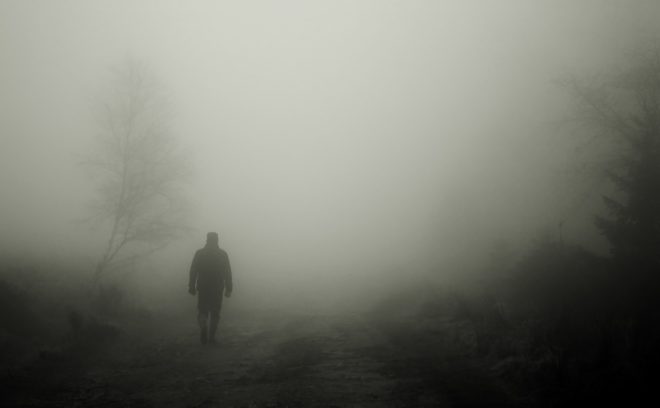
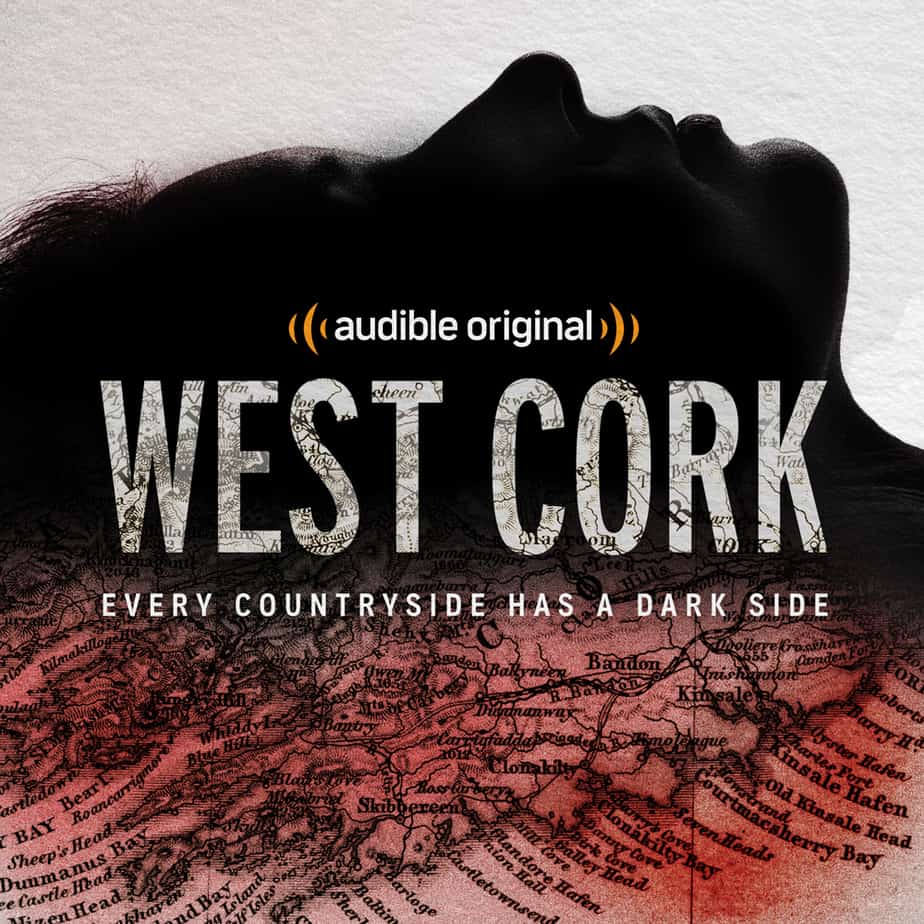
For true crime podcast fans, the closest podcast parallel to West Cork is Up And Vanished, where the narrators investigate the victim’s life and stir up questions and commotion in a small town. The biggest difference between the two is West Cork has more professionalism and polish, whereas Payne Lindsey admits he is a novice and is making it up as he goes along. In the vein of S-Town, West Cork is a fully realized narrative complete before the release.
Listen: Audible
After listening to the series, we sent a few questions to narrators/hosts Bungey and Forde.
Brendan and Sarah: What inspired you to focus on this particular murder?
Bungey and Forde: This case gripped us partly because of the mystery of Sophie’s murder, but we weren’t looking for a true crime story to tell and there were other questions that preoccupied us. We were initially drawn in by reading about this curious guy in an extreme situation … suspected of murder but still living in the same small town a few miles from where the murder took place. We thought a lot about how would any of us act in a situation like that. We also wondered about the place – how a small, rural, remote place with so little experience of violent crime deals with something like that that’s so out of character – and how it gets over it considering not only that there’s been no justice for the victim, but also that a lot of people feel that the man responsible still lives there.
Brendan and Sarah: What fascinated you the most about West Cork?
Bungey and Forde: West Cork quiet and isolated but it’s also surprisingly cosmopolitan – for a long time it was just these close-knit rural communities close-knit but then it was quite suddenly flooded with strangers … back in the 1970s when Ireland joined the EU and people came to this beautiful outpost from all over Europe to escape the rat race. West Cork was still dealing with this seismic change when the murder happened and it became the stage for an international murder investigation.
Brendan and Sarah: Is the primary focus on the town’s reaction to the murder, about the suspect’s guilt, or some other aspect?
Bungey and Forde: People in Ireland told us it has become difficult to really take a straight look at this case. That the case has taken on a soap opera like quality, and the conversation has strayed from who killed Sophie. We thought it was important to try to tell the story chronologically, from the perspective of West Cork, to try to pinpoint where things got twisted – where the case slipped away from the police. We were conscious that we didn’t want this story to be just about the suspect. We wanted to be able to present Sophie as a full character. She was a mystery to most people in West Cork. And the way rumours flew about her in the first few weeks fed into the investigation in surprising ways.
Brendan and Sarah: How did the residents feel about you being there investigating?
Bungey and Forde: We were surprised by how ready to speak about the case many affected by the crime were, even now, two decades on. Some were reluctant to talk at first … They were wary, about raking over painful memories, some felt the roles had been misrepresented over the years. But very few people we wanted to speak to outright refused to speak to us. We felt that having the series lead by the voices of the people who experienced this all first hand was crucial so it felt right to persevere with people.
Also getting Sophie’s family’s blessing and participation was also vital. Victims – female victims – can end up being one-dimensional in true crime – just springboards for a story. And Sophie was one dimensional in much of what we read in part because she was a mystery to those in West Cork she didn’t know anyone and the trial we sat in on at the beginning the judge concluded by worrying that Sophie had been forgotten in this saga. And that’s why for us speaking to the family was really important.
Brendan and Sarah: As a print journalist and documentary filmmaker, how did the process of recording this program in an auditory format alter your journalistic and stylistic approach?
Bungey and Forde: It didn’t alter the approach that much but doing a 13- part story meant we were able to use much more of what people told us, and to drill down in ways we wouldn’t have been able to do otherwise.
Brendan and Sarah: I noticed that Jennifer’s voice over was more atmospheric and world building, and Sam’s voice over was more story progression. Was this a deliberate choice based on your backgrounds in documentary films and print journalism respectively?
Bungey and Forde: That’s interesting that you found that … but to be honest, there isn’t much thinking behind how the voice over is split, we switched when it felt like a natural break point.
Brendan and Sarah: What do you want listeners to take away from this listening experience?
Bungey and Forde: More than anything we’d like people to really feel the tragedy of Sophie’s murder, the fact that her family have never seen justice, that her parents will likely never see anyone behind bars for it. True crime series are absolutely having a moment and of course we wanted to present something that would allow listeners to enjoy going back and forth on the whole thing, but we were conscious we needed to justify picking over this story.
Brendan and Sarah: What other podcasts or media inspired the style and format of the series?
Bungey and Forde: We watched the amazing ESPN documentary series on OJ Simpson while we were making this, ‘Made in America’, and we were really struck by how it wove together all the different personalities along with the place and the time and what was happening in America with race relations – it really gave you the sense that there was a great inevitability to it all – that because of all those other elements the whole thing couldn’t have played out in any other way. It made us consider all of the context and background and personalities we were finding in West Cork – we knew we wanted to bring all those things on the edges into the story but we kept asking the question, how did this feed into everything? How is this relevant to the story we’re telling? And so often we’d find that things played a small but key role in how everything played out, in leading us to this point where more than 20 years later there’s been no resolution.
Brendan and Sarah: How long have you been listening to podcasts?
Bungey and Forde: We’ve only recently become regular listeners to other shows, but we’ve listened to This American Life for years.
Brendan and Sarah: What are your top 2 or 3 podcasts that you never miss?
Bungey and Forde: We listen to The Daily and recently really enjoyed The Butterfly Effect and Heavyweight.





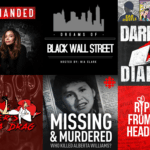
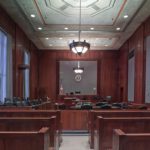
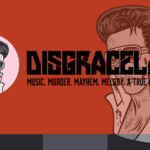





Comments
Comments are closed.